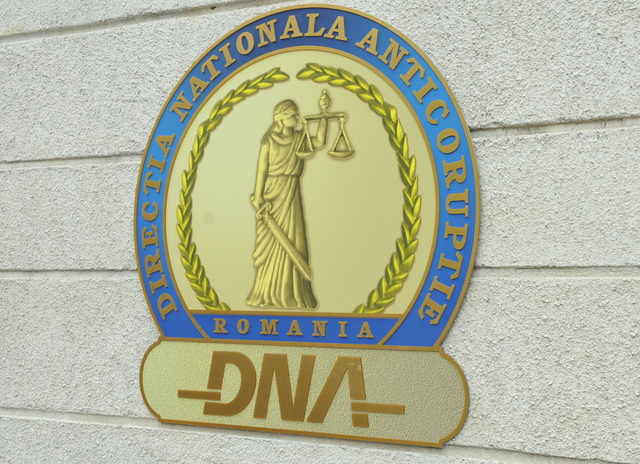Disagreements over the National Anticorruption Directorate
Romania's president Klaus Iohannis has again rejected the nomination of Adina Florea as head of the anticorruption directorate

Ştefan Stoica, 10.01.2019, 14:16
President Klaus Iohannis first rejected the proposal of the justice minister Tudorel Toarel for Adina Florea, a prosecutor from Constanta, to take over as the new chief of the National Anticorruption Directorate last November. Earlier, the Superior Council of Magistracy had also given a negative opinion arguing that Florea was not a suitable choice for this high-ranking position because she reacted precariously in stressful conditions and had problems with honesty and impartiality.
The presidents reasons for refusing to appoint her were different, namely the legality of her application given there is no official proof that Adina Florea was not part of or did not collaborate with the secret services during the communist era. As the justice minister has nominated Florea again, the president has responded that the reason for which he rejected her nomination in the first place still stands. Its possible that the new conflict between the president and minister Toader may reach the Constitutional Court, as was the case last year when Toader proposed the dismissal of the former head of the anticorruption directorate, Laura Codruta Kovesi.
At the time, the Court ruled in Toarders favour and obliged president Iohannis to dismiss Kovesi despite his initial refusal and a negative opinion from the Superior Council of Magistracy. As for Kovesi, the former iron lady of anticorruption in Romania filed a complaint at the European Court of Human Rights saying she was not guaranteed a fair treatment in the case of her dismissal as the constitutional judges ruled without giving her the possibility to defend herself or allowing an appeal. In response, minister Toader has said the Constitutional Court judges do not deal with people but with exceptions, objections and legal conflicts of a constitutional nature.
Kovesi says she is not seeking compensation for her dismissal or to be reinstated, but to prevent a practice she views as abusive from being applied in the case of other prosecutors in leading positions. She says that attempts are being made to hinder the activity of prosecutors and restrict their independence and to get rid of the prosecutors who wish to continue the fight against corruption and investigate cases.
Praised in all of the European Commissions justice reports for its efficiency in combating high-level corruption, the National Anticorruption Directorate is going through a bad time. Five of its prosecutors from Oradea, in the west, were heard by the Prosecutor Generals Office about an audio recording in which they are heard discussing ways to intimidate judges. The department for the investigation of crimes in the judiciary last week opened a criminal investigation into the matter. The leadership of the National Anticorruption Directorate says it rejects any action by its staff that violates legal norms and the magistrates rules of professional conduct and that it has requested an explanation from its Oradea branch.






























